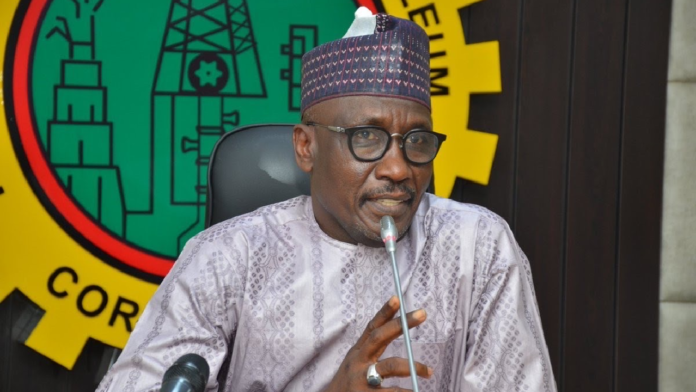The Nigerian National Petroleum Company Limited (NNPC) has requested a reimbursement of N4.71 trillion from the Federal Government to cover outstanding debts related to the importation of Premium Motor Spirit (PMS), commonly known as petrol.
The claim, detailed as, “Exchange rate differential on PMS and other joint venture taxes,” pertains to fuel imports conducted by the NNPC between August 2023 and June 2024.
This information was revealed by Wale Edun, the Minister of Finance and Coordinating Minister of the Economy, during the June meeting of the Federation Accounts Allocation Committee (FAAC).
This revelation comes as the NNPC faces ongoing challenges in ensuring an adequate supply of Premium Motor Spirit (PMS) to marketers for nationwide distribution.
During the meeting, Finance Minister Wale Edun informed state commissioners of finance that the national oil company had received presidential approval to import PMS using the “Weighted Average Rate” from October 2023 to March 2024.
Edun noted that the NNPC had requested an extension of this period to cover the exchange rate differential but was advised to seek approval from the National Economic Council.
According to the minutes of the meeting cited by The Punch on Thursday, August 8, 2024, the issue was recorded as “NNPC Limited Exchange Rate Differentials on PMS Importation and Other Joint Venture Taxes for the period August 2023 to April 2024.”
“The chairman, PMSC (Post Mortem Sub-Committee) reported that NNPC Limited informed the sub-committee that it had an outstanding claim of N2,689,898,039,105.53 against the federation as a result of the use of ‘Weighted Average Rate’ as of May 2024.
“Furthermore, he disclosed that the sub-committee was able to establish that there was Presidential approval to use the ‘Weighted Average Rate’ from October 2023 to March 2024.”
In his inaugural speech on May 29, 2023, President Bola Tinubu declared that “subsidy is gone,” signalling the end of barriers that had been restricting the nation’s economic growth



